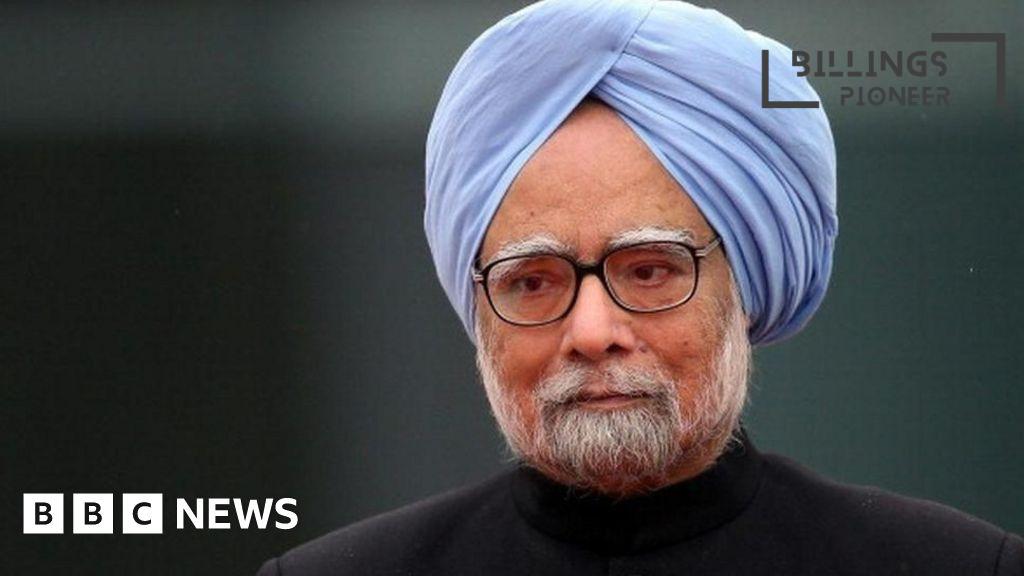Former Prime Minister of India, Manmohan Singh, has passed away at the age of 92, marking the end of an era in Indian politics. Singh, who served as Prime Minister from 2004 to 2014, was renowned for his role in transforming India’s economy and shaping its global standing. His contributions to the nation have inspired many, and his death has prompted national mourning and tributes from leaders across the political spectrum.
Watch: Former Indian PM Manmohan Singh’s Life and Legacy
Singh’s journey in the political arena was not just remarkable; it was a saga of resilience and dedication. Born in what is now Pakistan, Singh’s early life was founded on education and reform. He attended prestigious universities such as Cambridge and Oxford, where he laid the groundwork for his economic prowess. Singh was not just a politician; he was an architect of India’s economic liberalization, leading significant reforms in 1991 as the finance minister. This shift opened India to foreign investments and has had lasting impacts on the country’s economy.
A Consensus Builder
One of Singh’s most notable qualities was his ability to work across party lines. He led a coalition government and successfully garnered support from various regional allies. This talent for consensus-building helped to navigate the nation through challenging economic times and political struggles.
‘Accidental PM’
Singh’s ascent to the role of Prime Minister was often described as accidental due to the circumstances that led to his selection. However, his calm demeanor, deep intellect, and commitment to public service made him a fitting leader, especially during a time when India was facing both economic growth and significant challenges. His tenure is remembered as a time of optimism and potential for many citizens.
Pragmatic Foreign Policy
During his time in office, Singh exhibited a practical approach to foreign relations. He strengthened India’s ties with countries like the United States and Russia, forging partnerships that were pivotal for India’s strategic interests. Notably, he secured a landmark nuclear technology deal with the US, which has bolstered India’s energy independence and security. His diplomatic efforts established India as a significant player on the global stage.
A Low-Profile Leader
Despite his achievements, Singh was known for his low-key personality. He often shunned the limelight and preferred to let his work speak for itself. This characteristic earned him respect not only within Indian politics but also internationally. However, his second term was tarnished by allegations of corruption and slowing economic growth, which presented challenges that he had to address carefully. Nevertheless, he remained a respected figure, famous for his honesty and integrity.
National Mourning and Tributes
Following Singh’s passing, Indian citizens have expressed their grief and admiration for his contributions. Prime Minister Narendra Modi honored him as one of India’s distinguished leaders. Condolences poured in from various political figures, including members of the Congress party, highlighting Singh’s role in shaping the nation. The Indian government has announced seven days of national mourning, with flags flying at half-mast across the country. Cricket players wore black armbands to pay their respects during matches, reflecting Singh’s importance in the hearts of millions.
Manmohan Singh’s Legacy
As Singh is laid to rest, his legacy as a reform-oriented, pragmatic leader lives on. His contributions to economic policy transformed India and positioned it on the path to becoming one of the world’s largest economies. While he faced significant challenges and controversies throughout his career, his vision for a prosperous and inclusive India has left a lasting mark on the nation. Many will remember Singh not just for his political achievements but also for his humility and commitment to serving the country.











